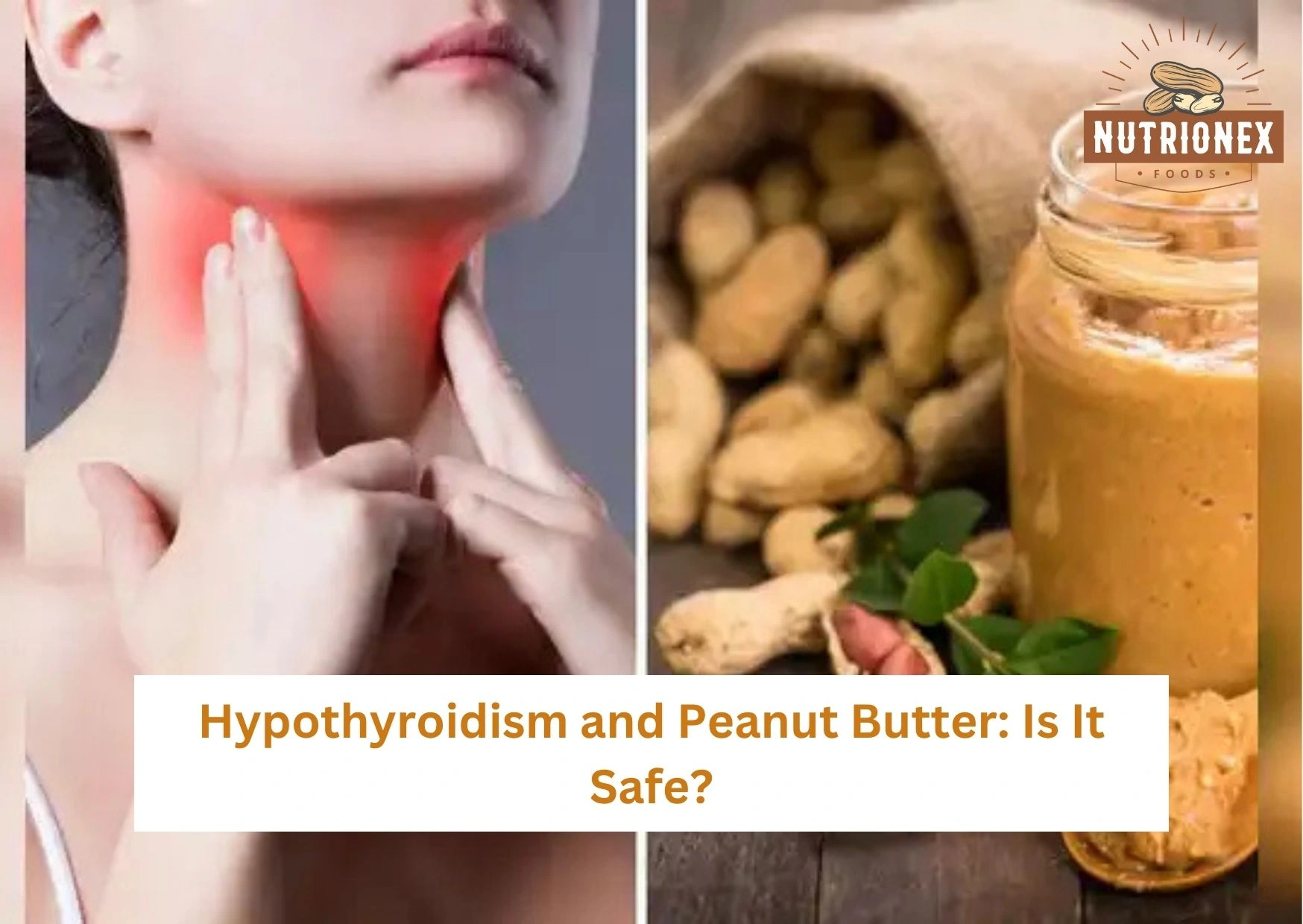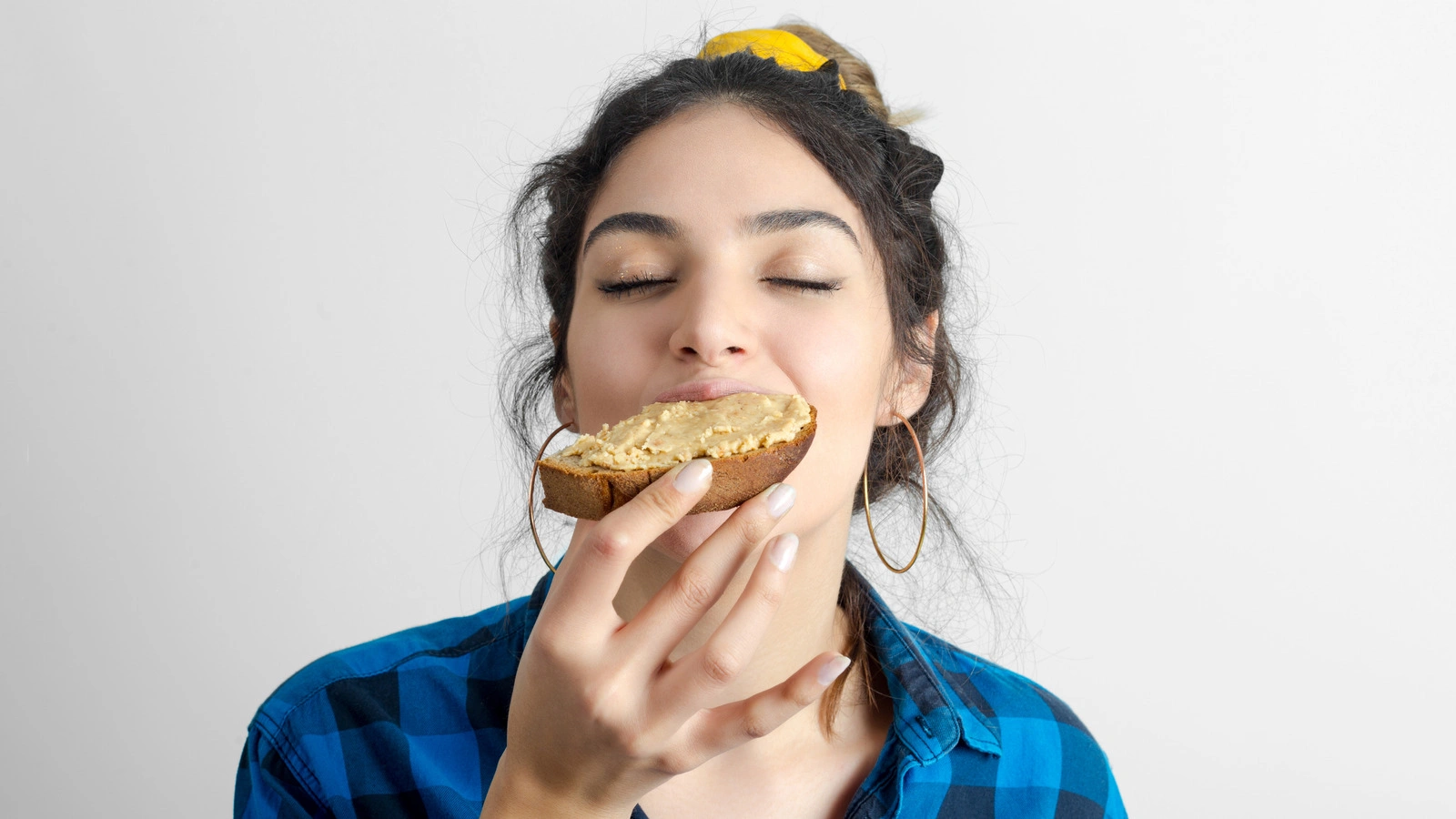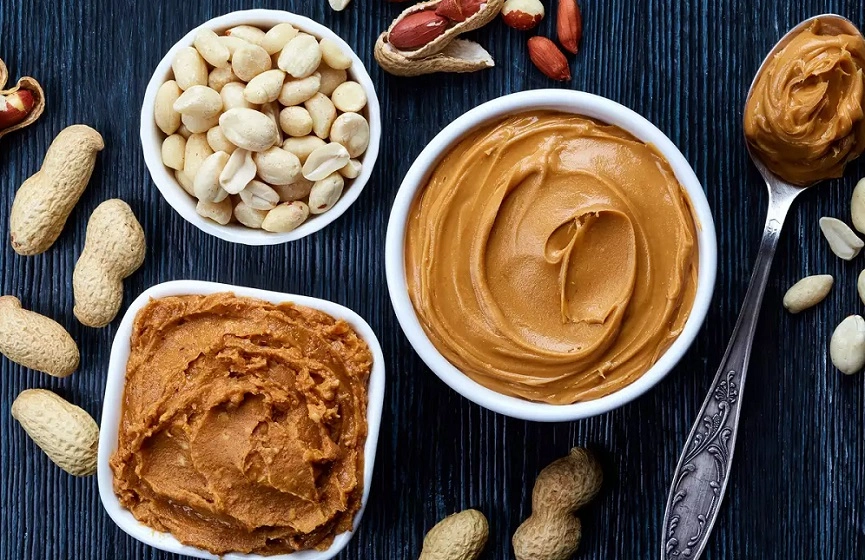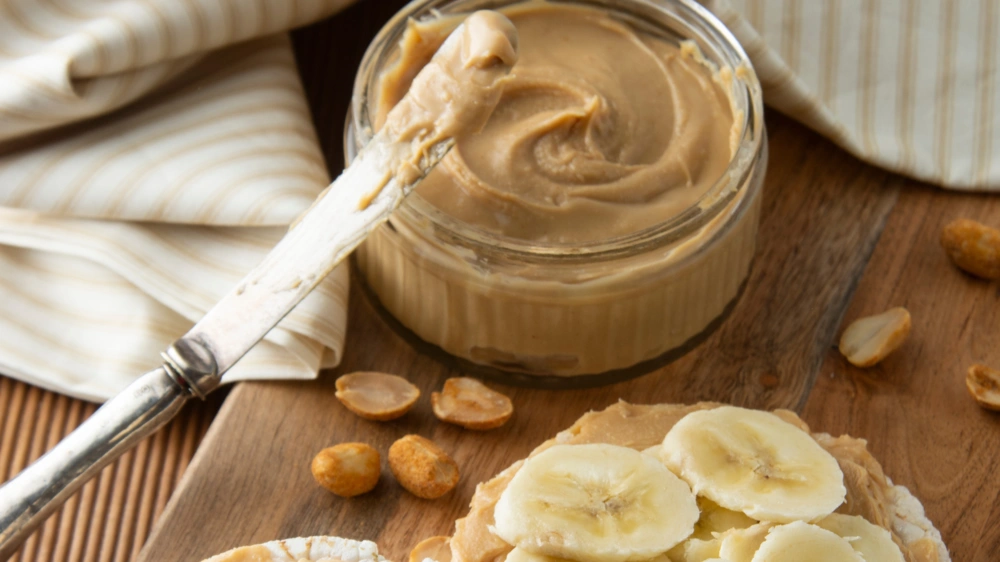
Hypothyroidism And Peanut Butter: Is It Safe?
Hypothyroidism is a thing that may require you to be over sensitive about what you eat. As food has the capacity to affect the functioning of thyroid, individuals with underactive thyroid tend to ask: Can you eat peanut butter with hypothyroidism? In this blog, we will unravel the relationship between peanut butter and hypothyroidism, its nutritional value, and how it affects thyroid, and how peanut butter can be incorporated in a balanced thyroid friendly diet.
What is Hypothyroidism?
Hypothyroidism can be referred to as a disease through which the production of thyroid hormones is low in the thyroid gland and thus the symptoms involved are fatigue, weight gain, cold intolerance, and depression. Metabolism is controlled by the thyroid, so slight shifts may impact the general health.
Diet is an important element in the management of this condition. It is usually recommended that persons with hypothyroidism avoid some foods, particularly foods that can inhibit the uptake of thyroid hormones or iodine. This leads us to another food that most people love, and this is peanut butter.
Can You Eat Peanut Butter for Thyroid Health?

The good news? Yes, peanut butter for thyroid health is generally considered safe for most people. There’s no direct evidence that peanut butter negatively affects thyroid function unless consumed in excessive quantities or as part of an imbalanced diet.
Peanut butter contains protein, healthy fats, fiber, magnesium, and selenium, all of which are beneficial for overall wellness. However, it also contains trace amounts of —substances that may interfere with iodine absorption in high amounts. That said, peanut butter’s goitrogenic effect is minimal compared to cruciferous vegetables like broccoli or cabbage.
Health Benefits and Nutritional Value of Peanut Butter
Peanut butter is a nutrient-dense food, offering several benefits even for those with hypothyroidism:
• Protein and Healthy Fats: Peanut butter is a good source of plant-based protein and heart-healthy fats, which help keep you full and energized.
• Vitamins and Minerals: It contains important nutrients like vitamin E, magnesium, and small amounts of selenium and zinc, both of which support thyroid health.
• Fiber: The fiber in peanut butter can help manage digestion and support healthy cholesterol levels.
• Energy Boost: Its calorie density makes it a convenient snack for sustained energy.
Nutritional Value of Peanut Butter (Per 2 Tbsp)
| Nutrient | Amount | Benefit for Thyroid |
| Protein | ~8g | Supports muscle health and metabolism |
| Healthy Fats | ~16g | Helps with nutrient absorption |
| Fiber | ~2g | Aids digestion, often sluggish in hypothyroid |
| Magnesium | ~50 mg | Supports thyroid hormone production |
| Selenium | ~2 mcg | Antioxidant that aids thyroid function |
| Niacin (B3) | ~4 mg | Supports hormone regulation and energy |
Benefits of Peanut Butter for Hypothyroidism

Here’s how peanut butter and hypothyroidism can actually go hand-in-hand in a balanced way:
1. Supports Energy and Satiety
People with hypothyroidism often feel sluggish. The combination of protein and healthy fats in peanut butter provides a steady release of energy and helps keep you full for longer.
2. Rich in Magnesium and Niacin
Magnesium plays a key role in thyroid hormone production. Niacin (Vitamin B3) aids in converting food into energy—something hypothyroid patients often struggle with.
3. Good Source of Healthy Fats
Peanut butter is rich in monounsaturated fats, which support heart health—important for those with a slower metabolism due to an underactive thyroid.
Are There Any Risks of Eating Peanut Butter for Hypothyroidism?
While hypothyroidism and peanut butter can coexist peacefully in most diets, there are a few considerations:
• Avoid Excessive Intake: Overeating peanut butter (more than 2 tablespoons daily) can contribute to weight gain, which is already a concern in hypothyroidism.
• Check the Ingredients: Choose natural or unsweetened peanut butter. Some commercial brands add sugar, hydrogenated oils, and salt—ingredients best limited in a thyroid-friendly diet.
• Watch for Goitrogens: While peanut butter has low goitrogenic potential, people with severe iodine deficiency may want to limit all goitrogenic foods, including peanuts, just to be safe.
Can People with Hypothyroidism Eat Peanut Butter Every Day?
Yes, you can eat peanut butter for hypothyroidism daily, but moderation is key. Stick to 1–2 tablespoons per day, and always pair it with fiber-rich or protein-based foods to balance your meal. As long as your iodine and selenium levels are managed through other parts of your diet, peanut butter shouldn’t cause any harm.
How to Include Peanut Butter in a Thyroid-Friendly Diet

Need some ideas to make peanut butter work for your thyroid health? Here are easy ways to enjoy it:
• Peanut Butter & Apple Slices: A crunchy, fiber-rich snack that's gentle on the digestive system and balances blood sugar levels. Apples also support detox, which is beneficial for thyroid health.
• Whole Grain Toast with Peanut Butter: Swap sugary spreads for a tablespoon of peanut butter on whole grain or sprouted bread. It makes a great breakfast or pre-workout snack, fueling your body with slow-releasing energy.
• Peanut Butter Smoothie: Blend 1 banana, 1 tablespoon of peanut butter, unsweetened almond milk, and a handful of spinach. This combo offers potassium, magnesium, and healthy fats—great for thyroid support.
• Overnight Oats with Peanut Butter: Mix rolled oats, chia seeds, unsweetened peanut butter, and plant-based milk. Let it sit overnight for a fiber-packed, metabolism-friendly breakfast option.
• Peanut Butter Yogurt Bowl: Add a swirl of peanut butter to plain Greek yogurt along with seeds and berries. This offers probiotics (great for gut and thyroid health) with a satisfying protein boost.
Final Thoughts
So, is peanut butter safe for hypothyroidism? Absolutely—as long as it’s part of a balanced, nutrient-rich diet. It provides important nutrients like protein, magnesium, and healthy fats that support thyroid function and overall well-being.
When choosing peanut butter, go for natural or unsweetened options without added sugars or hydrogenated oils. At Nutrionex, our peanut butter range is crafted with clean, simple ingredients—perfect for those with dietary sensitivities or wellness goals.
Enjoy it smartly, and your thyroid will thank you.
People Also Ask
1. Is peanut butter good for thyroid patients?
Yes, peanut butter can be good for thyroid patients when eaten in moderation. It provides healthy fats, magnesium, and protein—all beneficial for managing energy and metabolism.
2. Does peanut butter interfere with thyroid medication?
Peanut butter itself doesn't interfere with thyroid medication like levothyroxine, but it’s best to take your medication on an empty stomach and wait at least 30–60 minutes before eating anything, including peanut butter.
3. Should I avoid peanut butter if I have hypothyroidism?
Not necessarily. Unless you have a peanut allergy or a doctor has advised avoiding goitrogens completely, peanut butter is safe in small, daily servings.
